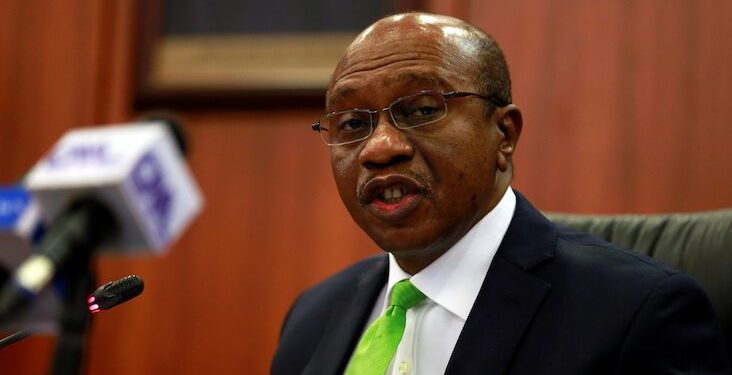In a move to address the persistently high inflation rate and various economic challenges, the Central Bank of Nigeria (CBN) has recently decided to increase the monetary policy rate (MPR) by 0.50 per cent to 18.50 per cent. Governor Godwin Emefiele made this announcement during a press briefing in Abuja. This blog post will discuss the factors that influenced this decision and its potential implications for the Nigerian economy.
Reasons for the Interest Rate Hike:
Governor Emefiele outlined several factors that influenced the decision to raise the benchmark interest rate. These factors include:
1. Inflation: Despite a marginal moderation in December, inflation rates remained high, posing risks to the standard of living for Nigerians. The increased interest rates aim to curb inflationary pressures and stabilize prices.
2. Fuel Scarcity: The ongoing scarcity of Premium Motor Spirit (PMS), commonly known as petrol, has been a persistent issue in Nigeria. The rise in energy prices and fuel scarcity have contributed to inflationary pressures, which the interest rate hike aims to address.
3. Exchange Rate Pressure: The Nigerian economy has been facing challenges related to the exchange rate. By increasing interest rates, the CBN hopes to stabilize the exchange rate and manage currency depreciation.
4. Insecurity: The continuous rise in insecurity poses a threat to economic stability. The interest rate hike is intended to mitigate the impact of insecurity on the economy and foster confidence among investors.
Implications and Future Outlook:
The decision to raise the MPR to 18.50 per cent demonstrates the CBN’s commitment to combating inflation and ensuring economic stability. However, this move may have implications for various stakeholders:
1. Borrowers: Higher interest rates make borrowing more expensive, which could impact businesses and individuals seeking loans. They may face higher costs of borrowing, potentially affecting investment decisions and economic growth.
2. Investors: The interest rate hike may attract foreign investors seeking higher returns on their investments. However, it could also reduce domestic investment due to increased borrowing costs.
3. Consumers: The measures taken by the CBN aim to stabilize prices and reduce inflation, which may positively impact consumers’ purchasing power in the long run. However, in the short term, there may be some initial inflationary effects due to the higher interest rates.
Bottom line
The CBN’s decision to raise the benchmark interest rate reflects its determination to address inflationary pressures and promote economic stability. By tackling fuel scarcity, exchange rate pressure, and insecurity, the bank aims to create an environment conducive to sustainable growth. While the interest rate hike may have short-term implications for borrowers and investors, the long-term goal is to rein in inflation and improve the general standards of living for Nigerians. Monitoring the effectiveness of these measures and their impact on the economy will be essential in shaping future monetary policies.











